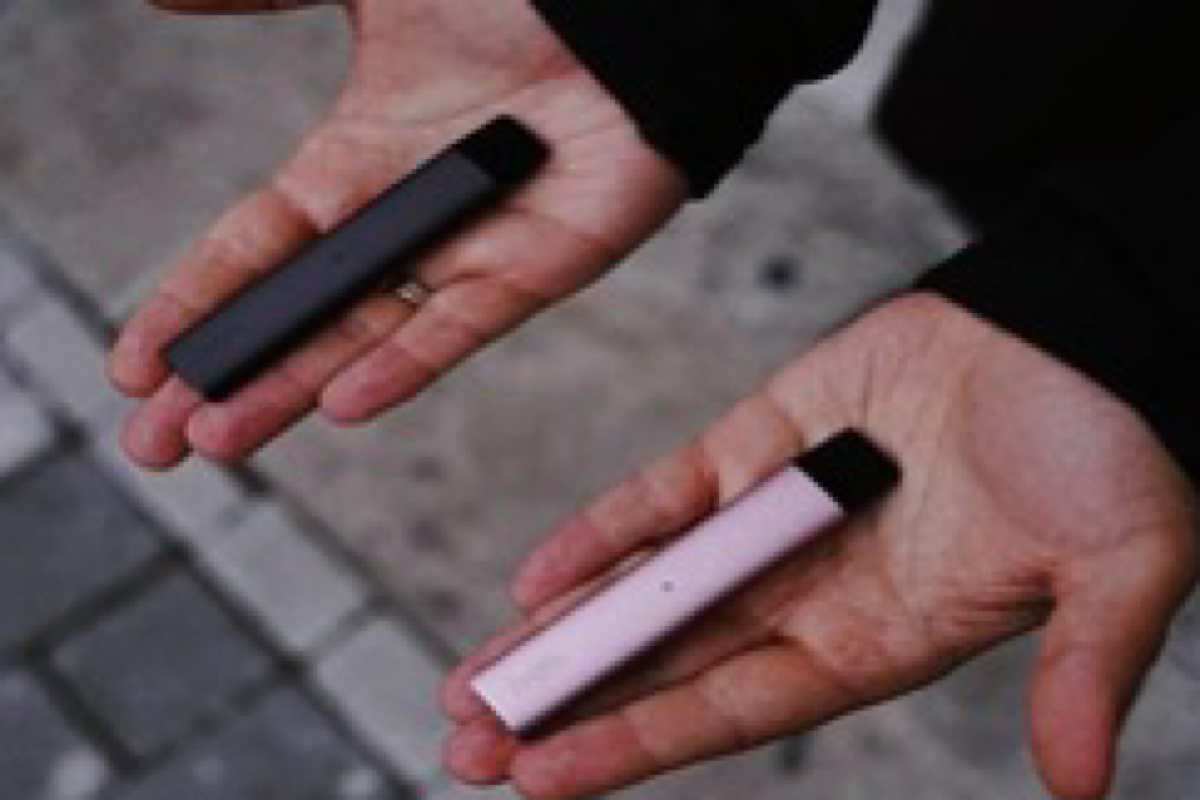While tobacco smokers are known to have worse Covid-19 outcomes, a new study showed that vapers are more susceptible to infection by the SARS-CoV-2 virus.
The electronic cigarettes typically contain an e-liquid, made up of nicotine, propylene glycol, vegetable glycerin, and flavour chemicals.
Advertisement
The researchers at University of California, Riverside, found that propylene glycol/vegetable glycerin alone or along with nicotine enhanced Covid infection through different mechanisms.
Further, the addition of benzoic acid to e-liquids prevents the infection caused by propylene glycol, vegetable glycerin, and nicotine, they said in the paper appearing in the American Journal of Physiology.
“Users who vape aerosols produced from propylene glycol/vegetable glycerin alone or e-liquids with a neutral to basic pH are more likely to be infected by the virus, while users who vape aerosols made from e-liquids with benzoic acid — an acidic pH — will have the same viral susceptibility as individuals who do not vape,” said Rattapol Phandthong, a postdoctoral researcher in the Department of Molecular, Cell and Systems Biology, from the varsity.
The team obtained airway stem cells from human donors to produce a 3D tissue model of human bronchial epithelium. They then exposed the tissues to JUUL and BLU electronic cigarette aerosols to study the effect on SARS-CoV-2 infection.
They found that all tissues showed an increase in the amount of ACE2 — a host cell receptor for the SARS-CoV-2 virus. Further, TMPRSS2, an enzyme essential for the virus to infect cells, was found to show increased activity in tissues exposed to aerosols with nicotine.
Prue Talbot, a professor of the graduate division at the varsity, said that e-cigarette users should be cautious about vaping as some products will increase their susceptibility to SARS-CoV-2 infection.
“It would probably be best for vapers to quit vaping for the protection of their health and to stop nicotine dependency,” she said.
Phandthong warned “it is worth bearing in mind that the scientific literature has shown that a vaper who contracted SARS-CoV-2 has more complications during the recovery period and is more likely to develop long Covid-19, which can be serious and last many months post-infection. We hope our findings encourage vapers to stop vaping and discourage non-users from starting to vape.”











